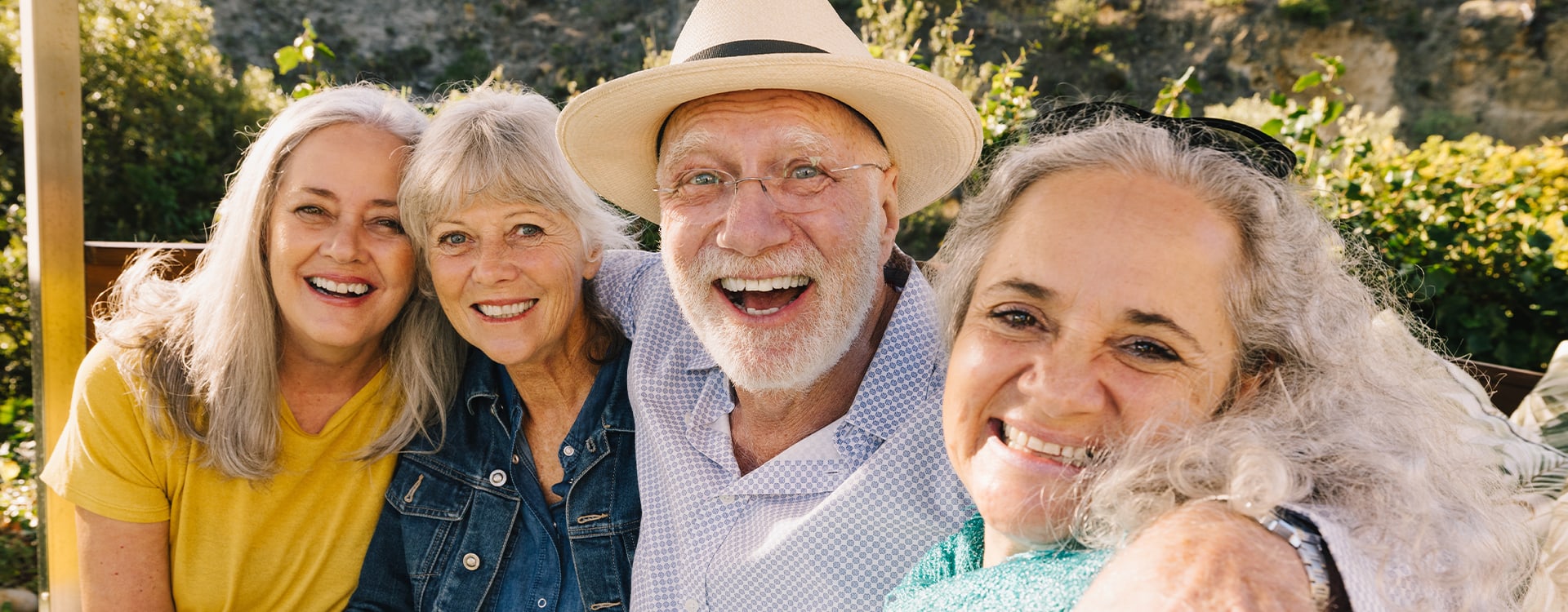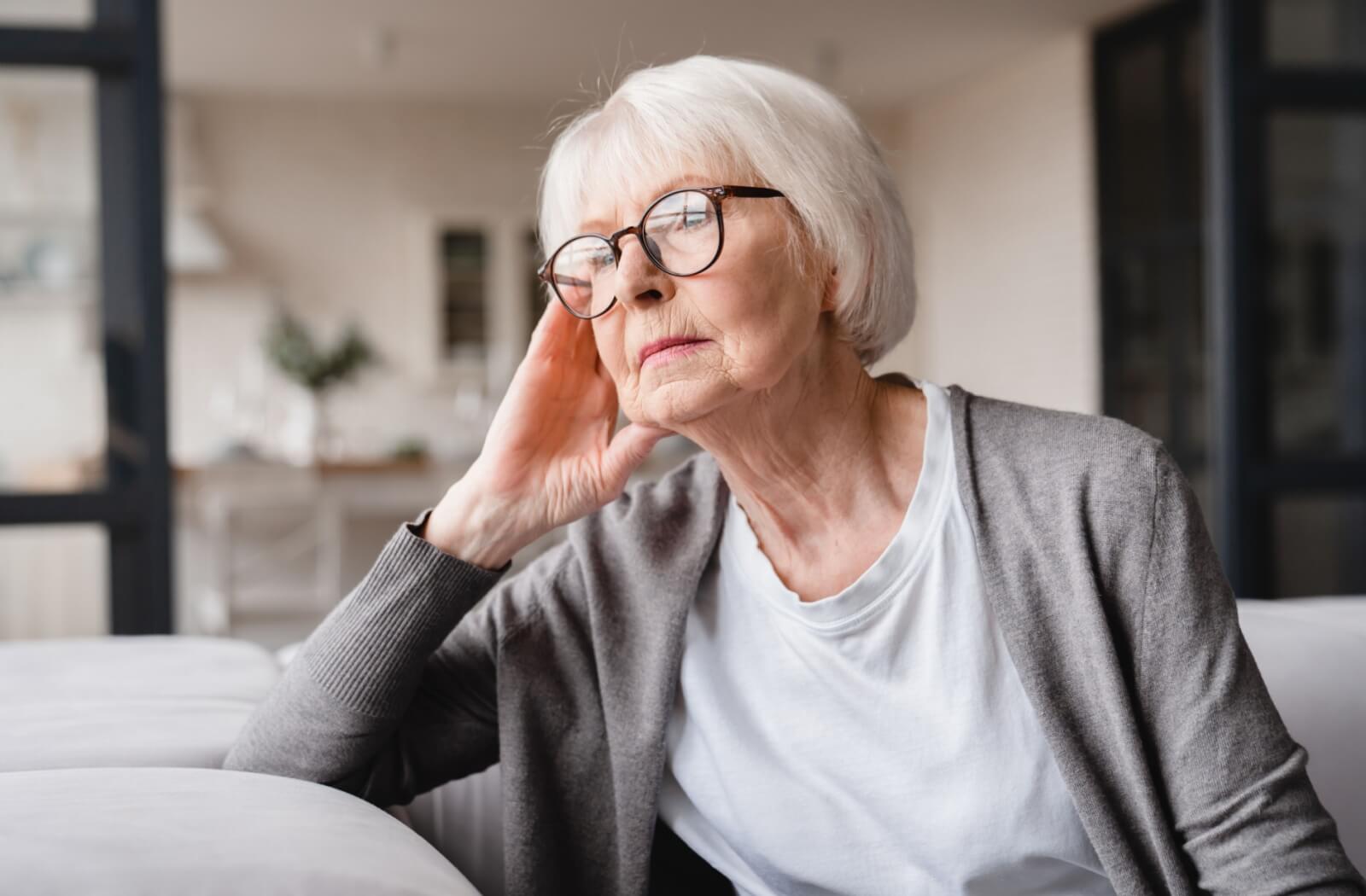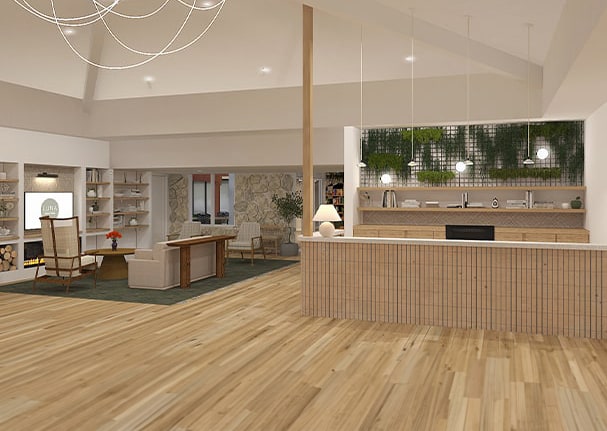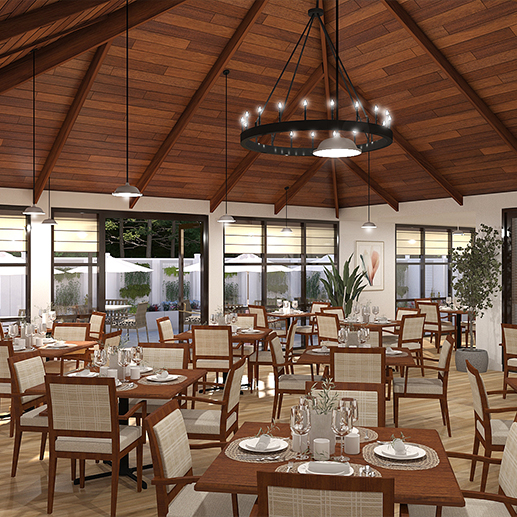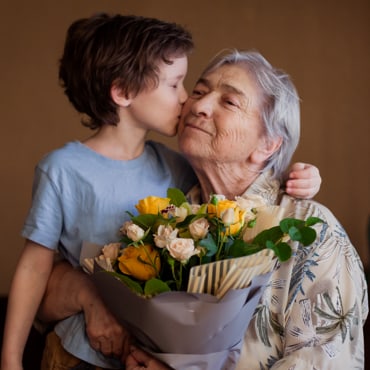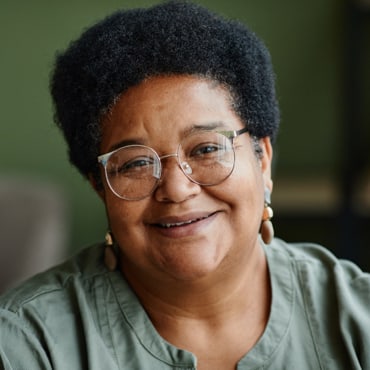Knowing when to transition your loved one to Memory Care, especially with a condition like Lewy Body Dementia can be challenging. When you have a loved one living with Lewy Body Dementia, it’s important to understand the signs of its final stages to prepare your loved one and their community accordingly. The final stages of Lewy Body Dementia include:
- Cognitive decline
- Physical limitations
- Communication challenges
- Increased risk of infection
- Physiological or behavioral changes
The goal of this blog is to give family members, healthcare professionals, and caregivers crucial knowledge and useful tips for managing Lewy Body Dementia’s later stages. Our objective is to provide information with the utmost comfort, dignity, and quality of life during this time.
What is Lewy Body Dementia?
Lewy Body Dementia (LBD) is a type of progressive dementia that affects the brain’s typical functioning by altering thinking, behavior, movement, and mood. The final stages of this disease can be particularly challenging, not only for the person experiencing it but also for those caring for them. Understanding the symptoms and knowing how to provide comfort and support during this time is crucial for caregivers.
What is Limbic Brain Damage?
A collection of symptoms known as “limbic brain damage” (LBD) include visual hallucinations, cognitive decline, difficulty sleeping, and Parkinsonian-like movements. These symptoms are not interchangeable; rather, they are tied to one another. It is the second most common type of dementia in the United States, behind Alzheimer’s disease. Understanding LBD is crucial to adjusting care and support to the unique needs of those managing this challenging illness.
Lewy Body Dementia Explained
Lewy bodies are atypical deposits of the protein alpha-synuclein in the brain’s nerve cells, which accumulate in the brains of those affected by Lewy Body Dementia (LBD). A person’s cognitive abilities, actions, and behaviors are impacted by this accumulation, which results in a decline in the transmission of brain impulses.
Key Symptoms of Final Stage Lewy Body Dementia
In the final stages of Lewy Body Dementia, people may experience significant changes that include physical, cognitive, and emotional aspects. These can include the following.
- Rapid cognitive decline: Cognitive abilities continue to decrease, leading to increased confusion, and difficulty in understanding, and making sense of the world around them.
- Increased physical limitations: People may lose the ability to move around freely and require assistance with daily activities such as eating, dressing, and personal hygiene.
- Communication challenges: Expressing thoughts and understanding conversations become increasingly difficult. Some patients may revert to speaking in their native language or lose the ability to speak entirely.
- Increased risk of infections: The weakened state of the body makes it more susceptible to infections, particularly pneumonia, which can often be a large concern for this population.
- Physiological or behavioral changes: Individuals may experience significant fluctuations in behaviors, including periods of agitation, depression, or apathy. These can also be accompanied by sleep disturbances and/or impacted motor symptoms.
- End-of-life care: Making decisions about end-of-life care becomes a necessary consideration. This may include discussing hospice care and palliative treatment focusing on comfort rather than curing a condition.
Caregiving Tips for Final Stage Lewy Body Dementia
Compassion, patience, and an understanding approach that puts the person’s comfort and dignity first are necessary when caring for someone who is nearing the end of their Lewy body dementia. It can be a time with many challenges, and not just for the individual undergoing these changes. Here are a few caregiving tips:
- Seek support: Utilize family members, friends, and professional caregivers to divide responsibilities. Support groups and counseling can also offer emotional relief and practical advice from those who understand the challenges you may be facing.
- Understand and accept the condition: Educate yourself about Lewy Body Dementia and its progression. Understanding what to expect can help reduce frustrations and make it easier to adapt to the changing needs of your loved one.
- Create a comfortable environment: Ensure that the living space is safe, calming, and comfortable. Simple adjustments can make a significant difference in the well-being of someone with LBD.
- Communicate with patience: Communication can be challenging, so it is crucial to be patient. Look for non-verbal cues, maintain eye contact, and speak calmly and with reassurance.
- Focus on quality of life: Concentrate on activities that bring joy and comfort to your loved one. Music, photo albums, or simple outdoor activities can provide positive experiences.
- Plan end-of-life care: Discuss and make decisions about end-of-life care preferences early. Knowing your loved one’s wishes can guide you in making an informed decision when they can no longer express themselves.
Considering Memory Care for Your Loved One
Although the journey with Lewy Body Dementia can be challenging, there is room for moments of closeness, tenderness, and love that you will cherish forever. It can be a privilege to accompany someone through a challenging condition such as this one.
At Luna Senior Living in Torrington, we are here for you every step of the way. We offer specialized memory care to help your loved one continue to live as comfortably as possible with their condition. For more information about the transition into memory care or our services and experiences, book a tour with us.
